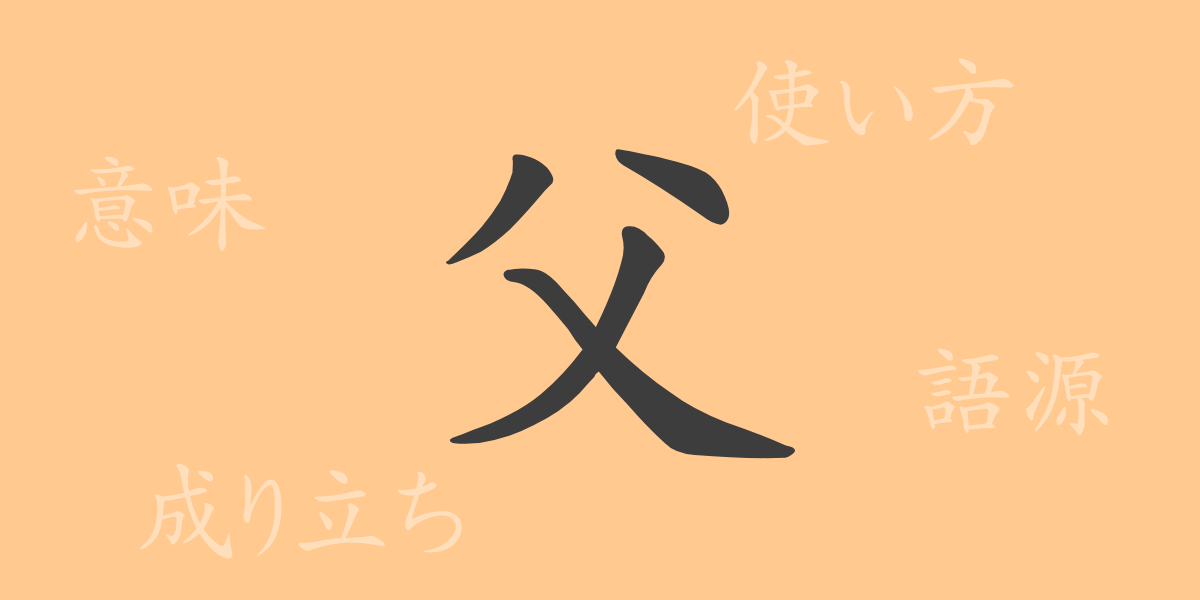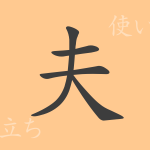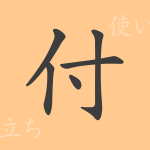“`html
Language reflects culture and tells the story of history. The commonly used kanji (かんじ, Chinese characters) in Japan, “父” (ちち, father), symbolizes the foundational figure of the family. The weight of this single character holds deep meaning within Japanese society. In this article, we will explore the history, meaning, and usage of the character “父” in Japanese culture.
The Origin of “父” (ちち, Father)
The kanji “父” (ちち, father) has its origins in ancient China and possesses characteristics of pictographs. The shape of the old oracle bone script depicted a hand holding a tool, symbolizing the role of a man who provides for the family, essentially the “father.” Over time, its form evolved into what we see today, but its fundamental meaning has been preserved.
Meaning and Usage of “父” (ちち, Father)
The kanji “父” (ちち, father) is directly used to refer to “father” but is also metaphorically used to symbolize respect and authority. For example, calling the founder of a group or organization “父” (ちち, father) signifies the influence and importance of that person.
Reading, Stroke Count, and Radical of “父” (ちち, Father)
The kanji “父” (ちち, father) plays a fundamental role in the Japanese language.
- Reading: On’yomi (おんよみ, Chinese reading) is “フ” (ふ), Kun’yomi (くんよみ, Japanese reading) is “ちち” (father)
- Stroke Count: 4 strokes
- Radical: 父部 (ふぶ, father radical)
Idioms, Proverbs, and Phrases Using “父” (ちち, Father)
There are numerous idioms, proverbs, and phrases that include “父” (ちち, father), showcasing the richness of the Japanese language. For instance, the proverb “父母心知らず” (ふぼしんしらず, fuboshinshirazu) implies that no matter how much parents do for their children, the children can never fully understand their deep love. In terms of idioms, we have “父権” (ふけん, fuken, paternal authority), “父系” (ふけい, fukei, patrilineal lineage), and “父祖” (ふそ, fuso, forefather), each meaning “family authority,” “male lineage,” and “ancestor,” respectively.
Summary of “父” (ちち, Father)
The meaning encapsulated in a single kanji reflects the depth of its culture. The character “父” (ちち, father) not only refers to a family member but also serves as a symbol of respect, authority, and love in Japanese society. Through such kanji, we can re-examine Japan’s traditions and values, feeling a sense of responsibility to pass them on to the next generation.
“`

























